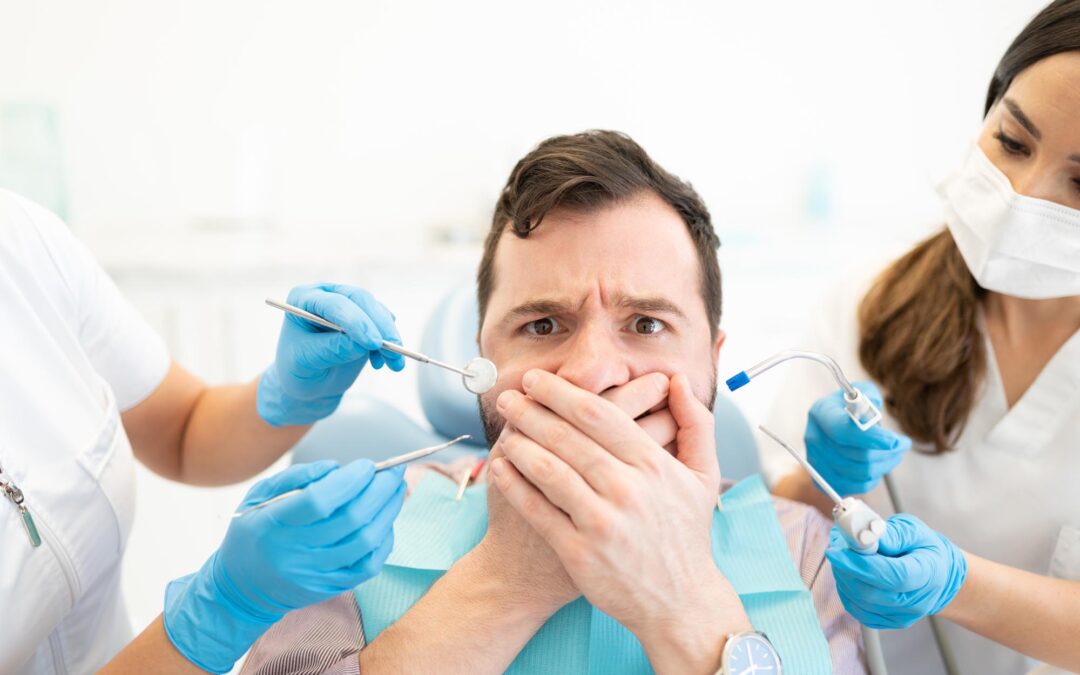Collaborations Between Substance Abuse Clinics and College Health Centers: A Lifeline for Students
The intersection of substance abuse in college sports is a complex issue with significant implications for student athletes and the broader campus community. In recent years, collaborations between substance abuse clinics like CNV Detox and college health centers have emerged as a vital strategy for addressing this challenge. These partnerships offer a comprehensive approach to prevention, intervention, and treatment, ultimately promoting student well-being and academic success.
Why Collaboration is Key
College is a time of immense growth and exploration for young adults, but it can also be a period of heightened vulnerability to substance use. The pressures of academics, social life, and, for student-athletes, the demands of their sport can create a perfect storm for experimentation and potential addiction.
College health centers are often the first point of contact for students seeking help with substance use concerns. However, their resources and expertise may be limited when it comes to complex cases or specialized treatment. This is where collaborations with substance abuse clinics become invaluable.
Benefits of Collaborative Partnerships
- Expanded Resources: Substance abuse clinics offer a wide array of services, including detoxification, medication-assisted treatment, individual and group therapy, and aftercare planning. By partnering with these clinics, college health centers can provide students with access to a broader range of treatment options.
- Specialized Expertise: Substance abuse clinics employ professionals who specialize in addiction medicine and behavioral health. Their experience and knowledge are essential for addressing the unique needs of college students struggling with substance use disorders.
- Early Intervention: Collaborations between clinics and health centers can facilitate early identification and intervention for students at risk. This proactive approach can prevent substance use from escalating into a full-blown addiction.
- Continuity of Care: By working together, clinics and health centers can ensure a seamless transition for students who require more intensive treatment. This continuity of care is crucial for long-term recovery.
Substance abuse in College Sports: A Unique Challenge
Substance abuse in college sports often intertwines, presenting specific challenges. Student-athletes may face unique pressures to perform, leading to the misuse of performance-enhancing drugs or substances to cope with stress. Additionally, the social environment within athletic teams can sometimes normalize substance use.
Collaborative partnerships between substance abuse clinics and college health centers can tailor programs to address the specific needs of student-athletes. This may include education and prevention efforts focused on the risks associated with substance use in sports, as well as targeted interventions and treatment plans for those who are struggling.
Successful Collaborations in Los Angeles
Several colleges and universities in the Los Angeles area have established fruitful collaborations with substance abuse clinics. These partnerships have led to positive outcomes for students, including increased access to treatment, improved recovery rates, and a greater awareness of substance use issues on campus.
- University of California, Los Angeles (UCLA): UCLA’s Arthur Ashe Student Health and Wellness Center collaborates with local clinics to provide comprehensive substance use services to students.
- University of Southern California (USC): USC Student Health offers a range of substance use resources, including individual counseling and referrals to specialized treatment providers.
- California State University (CSU) System: Many CSU campuses have partnerships with community-based organizations that specialize in substance abuse treatment.
Promoting Student Wellness: A Shared Responsibility
Addressing college sports and substance use requires a multi-faceted approach. Collaborations between substance abuse clinics and college health centers are a crucial component of this effort. By working together, these institutions can create a supportive environment where students feel empowered to seek help and achieve lasting recovery.
For further information on substance abuse treatment options and resources, please visit CNV Detox.
References and Further Reading:
- CNV Detox – Treatment: https://cnvdetox.com/treatment/
- CNV Detox – Resources: https://cnvdetox.com/resources/
- The Jed Foundation: A leading organization dedicated to preventing suicide and promoting emotional well-being among college students.
- The National Collegiate Athletic Association (NCAA): Offers resources and guidelines for addressing substance use in college sports.





